Legendary Cigar Maker Julio Eiroa Introduces His 85th Anniversary Cigar For Aladino
How the most iconic era of Cuban cigars led to this month’s launch of the Aladino 85 Aniversario Reserva.

This month, the long-awaited release of the Aladino 85 Aniversario Reserva by JRE Tobacco Co. finally comes to reality. Some may already have known that the arrival of this legacy-defining cigar was initially slated by the legendary cigar maker Julio Eiroa as an 80th anniversary project, and scheduled to drop five years ago – except that 2020 was rather a year to forget.
Enter 2025, with a spry 87-year-old Eiroa presenting his Pinareño puro, crafted from a true Cuban seed introduced into Honduras in 1960. This seed, which is known for its small yields and delicate nature – has a greater degree of susceptibility to disease compared with the Corojo, and is thus a rarity in tobacco fields. For Eiroa however, a tribute cigar on the occasion of his 85th birthday meant that perfection was the ultimate result. And to do this, he had to blend his Pinareño crop carefully until he arrived at the optimal balance of smoothness, aroma and flavour – what he envisioned as a mild-to-medium cigar.
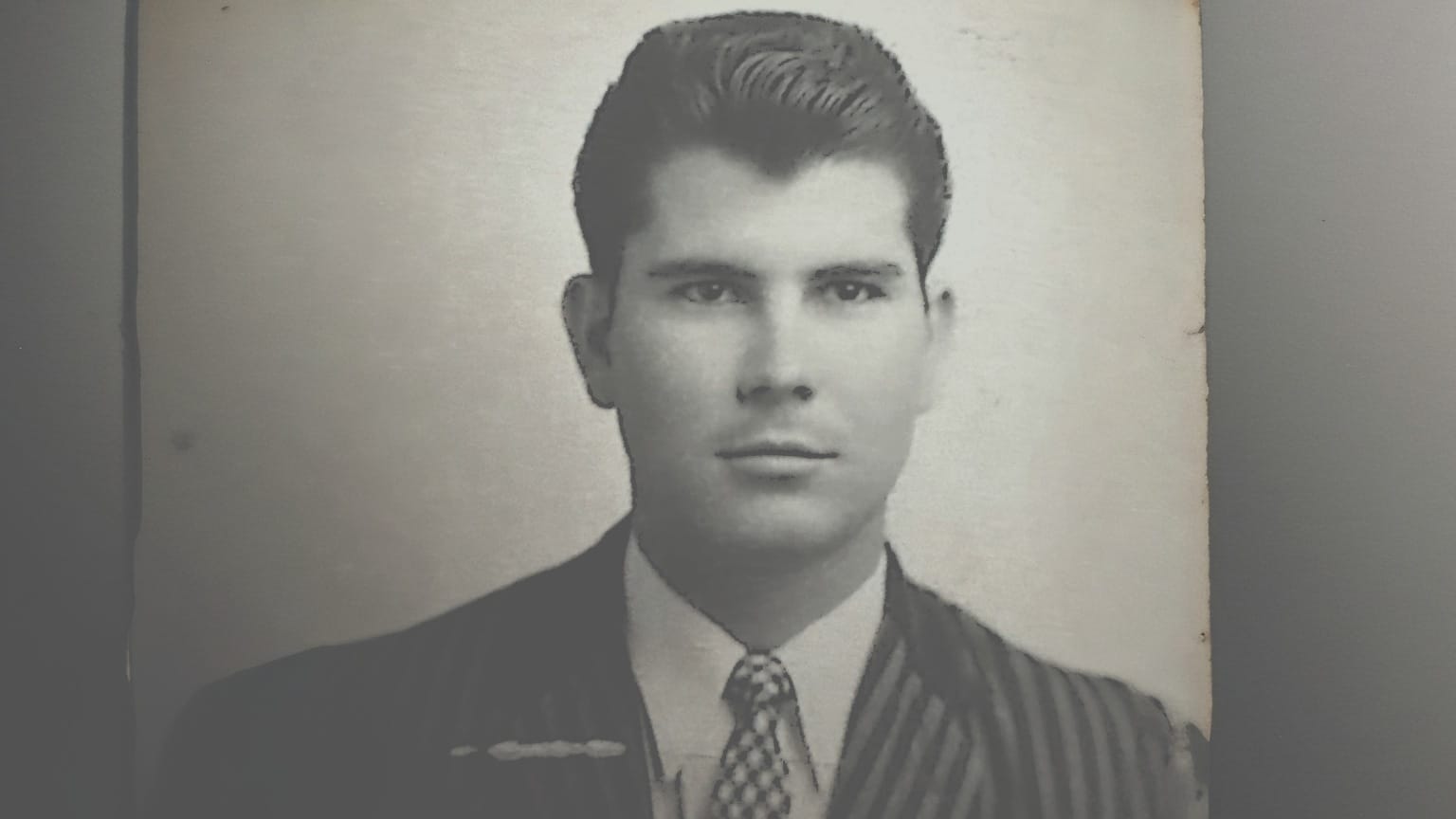
This cigar, which launches at the annual PCA Trade Show in New Orleans starting April 8, serves up cedar, cinnamon, chestnuts and lingering florals – in options of Robusto and Toro and available as a box of 20 sticks in a yellow box to recall Eiroa’s own classic yellow 1961 Buick. It will also be part of a permanent collection within the JRE portfolio, however with limited availability of only four boxes per vitola monthly.
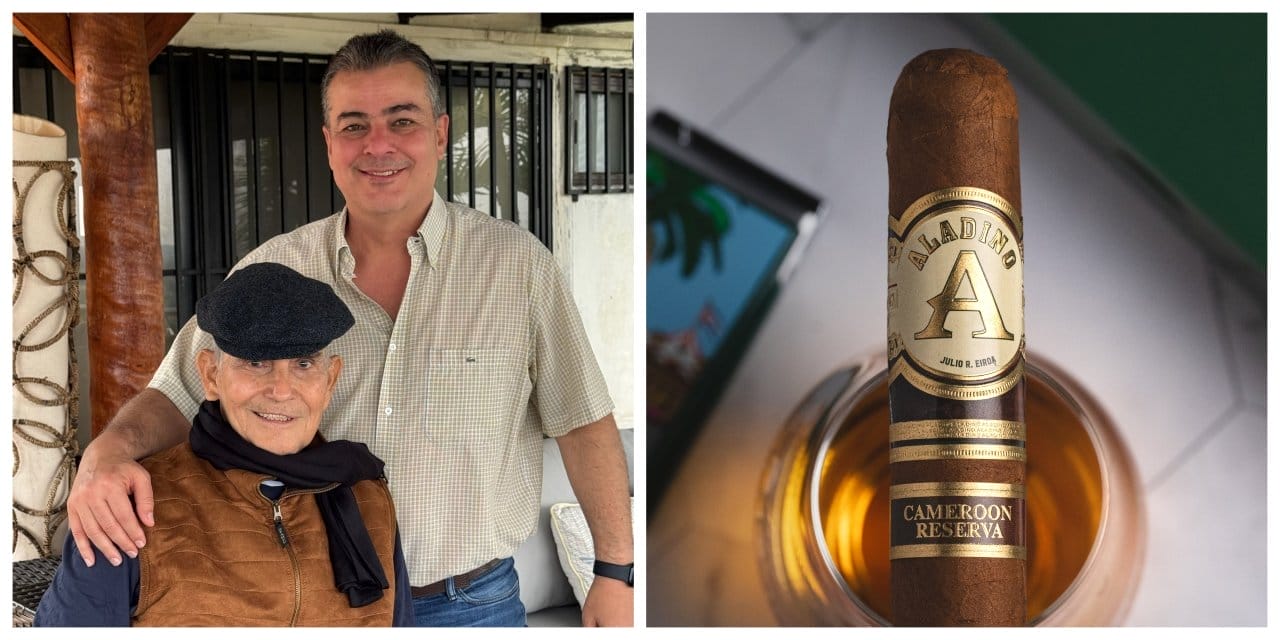
This commemorative cigar is the sum of 87 years of Eiroa’s life, a colourful one which saw him oppose Cuba’s military dictator Fulgencio Batista during the Cuban Revolution of 1957. Later on, his participation in the failed Bay of Pigs invasion against Fidel Castro necessitated his flight from Cuba to the United States where he served with the US military in Korea.
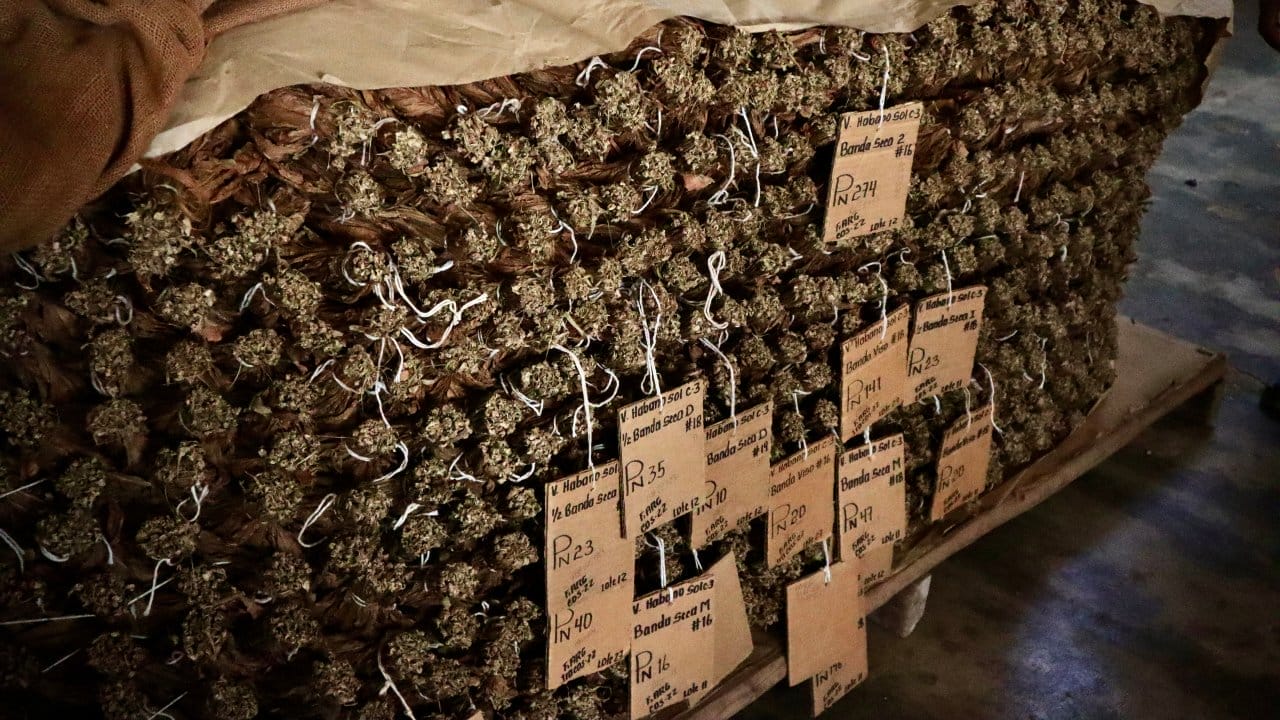
As the family patriarch, Julio R. Eiroa, born in Cuba on January 11, 1938, would go on to collaborate with Angel Oliva in Honduras to grow Cuban-seed tobacco to fill the void left by the embargoed Cuban tobacco. That was the start of a new history for the Eiroa family, one which led to ownership and cultivation of tobacco farms under JRE Tobacco and eventually to the famed cigars that burnished JRE Tobacco’s legend.
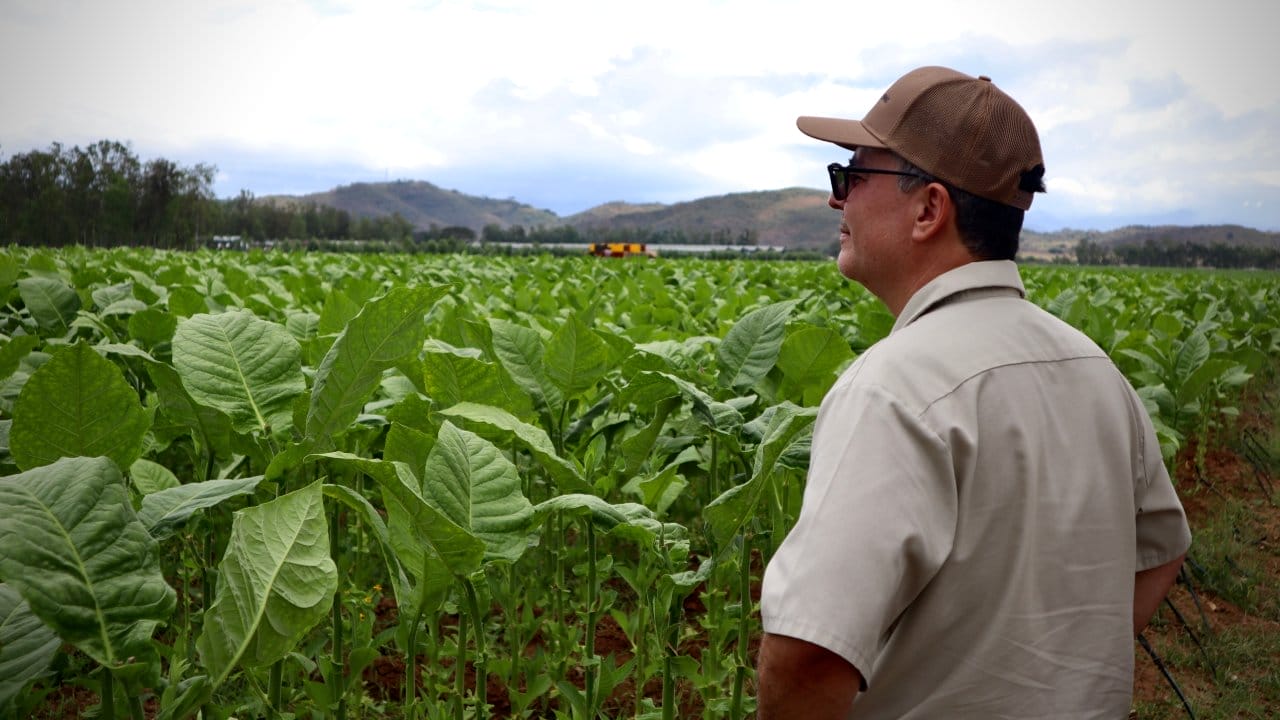
“If you look at what I say about the golden era of Cuban cigars, it would be the time frame which my father considers cigars from the country as becoming very iconic, and well known, in the world,” says Justo M. Eiroa, the eldest son of Julio. Justo dates this period as 1947 to 1961, saying: “You had world leaders who enjoyed these cigars such as John F. Kennedy and Winston Churchill, and movie stars like George Burns – they were all smoking Cuban cigars and became part of the culture.”
With Cuba’s turn in nationalising the factories which were formerly owned by families, Justo remembers his father saying that this turn of events ‘tempered with the creativity and dimensional depth of cigar making.’ Despite his family’s flight from Cuba, they remained firmly in the tobacco farming and cigar business, with a vertical operation based out of Miami.

Today, Justo heads the JRE Tobacco family business as its master cigar blender and tobacco grower, with daughter Vivian M. Eiroa serving as the company’s international business development and marketing head. And with this came Aladino cigars a decade ago, recalling the golden era of cigars and even utilising tobacco derived from Cuba’s Corojo seeds, now growing at the family’s Honduran farm.
“Aladino, when you smoke it, is like Aladdin bringing the genie out from the lamp – and returning you to the period of time when Cuban cigars had all the characteristics of being flavourful, easy to smoke, and well-constructed,” Justo says on a recent visit to Malaysia for his market partners Asiaeuro’s silver jubilee. (In Malaysia, Mighty Milestone, a division under Asaieuro, is one of the country’s largest licensed tobacco importers and distributors.)
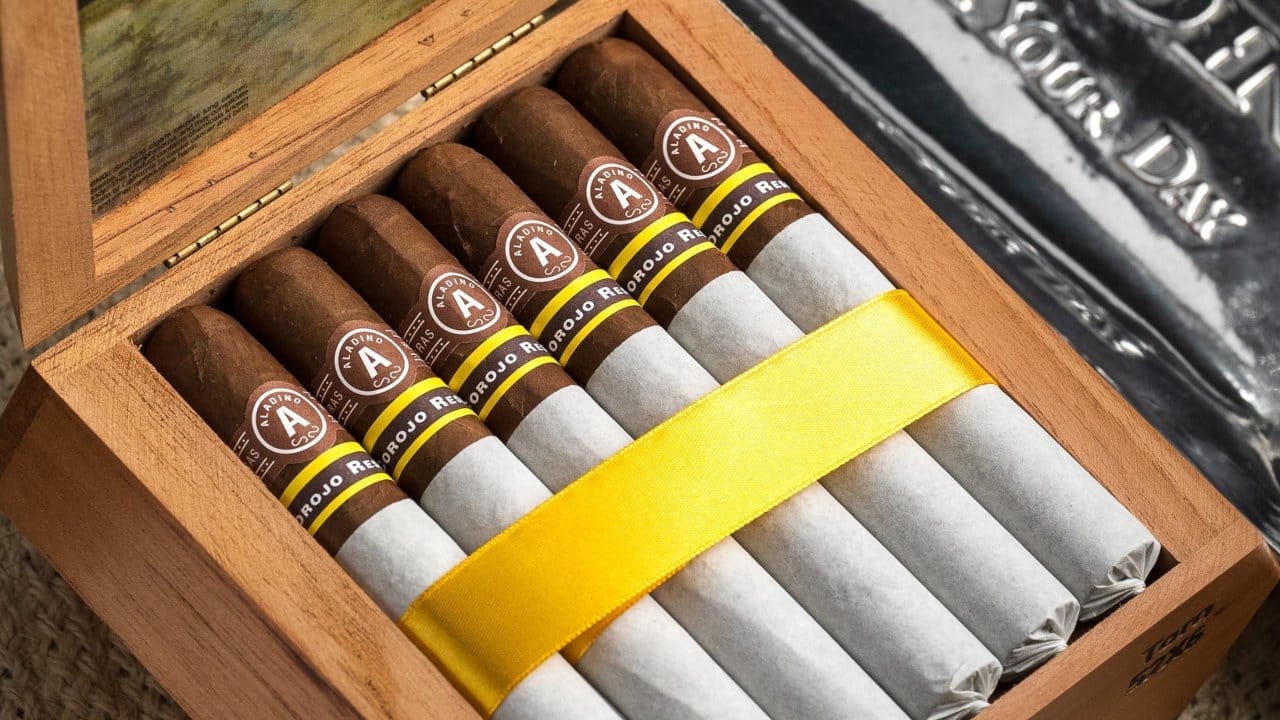
Justo explains the idea of a well-constructed cigar, in which it is done in the traditional Cuban method of folding the leaf like you would an accordion (as opposed to rolling it as a tube), to allow for air to flow in a much easier way. Every cigar is then draw tested to ensure that all the cigars fall within certain parameters before the wrapper comes on. With Aladino, Justo says that the cigars are always going to have a good draw, even when extra humidity comes into play.

The rapid expansion of the family business has also seen the return of creativity in Aladino cigars, leveraging on JRE tobacco’s longstanding expertise in growing their own tobacco leaf from diverse variants and geographies such as Connecticut, Sumatra Habano and Cameroon. At the heart of it, of course, is the Corojo which originated from Cuba’s Vuelta Abajo region and is now found – thanks in part to the Eiroas – in the Jamastran valley in Honduras.
“Our family is known for growing the Corojo, which elevated Camacho cigars into one of the powerhouse cigar brands in the ‘80s and ‘90s,” Justo says (the full-bodied Camacho brand of cigars would later be sold to Davidoff). “We feel very proud that we are basically the only ones that grow that authentic, original corojo.”
With several decades of savoir-faire in the tobacco business – from farming to cigars – Justo reckons that this continuous passing of the torch has sustained the business through the many throughs and dips. “I think the biggest challenge – even being well-known in the industry as a family name – is to build a new name,” Justo says, alluding to the non-compete clause that his father had signed on following the sale of Camacho cigars. “We continue to meet and greet consumers, and retailers – and it’s a challenge to shake hands across so many countries and to tell the stories.”
For Justo who describes the perfect ending to a day as ‘meat on a grill, Scotch, and a cigar’, Aladino’s focus has to be on quality. “We just decided that we have to be consistently good – to be reliable,’ he says. As he reflects on his time in business, Justo adds: “you have to be persistent, consistent and it requires a lot of hard work.”
Photos courtesy of JRE Tobacco
Lead image: Julio R Eiroa – legandary cigar maker













